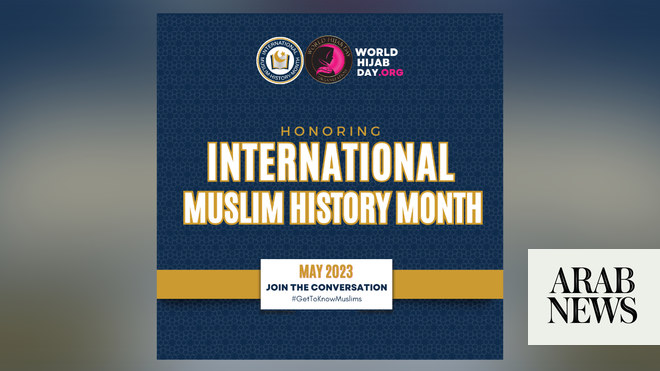
Exhibitions and plaques celebrating leading Black figures and highlighting the harrowing legacy of the enslavement of African people will be part of Black History Month.
First run in the UK in October 1987, Black History Month is the largest and most widespread celebration of Black culture and the historical and contemporary contributions of black Britons.
This year’s Black History Month, with the theme of “reclaiming narratives”, marks what campaigners describe as a significant shift towards recognising and correcting the narratives of Black history and culture.
The theme underscores “a commitment to correcting historical inaccuracies and showcasing the untold success stories and the full complexity of Black heritage,” Black History Month UK magazine said.
In London on Tuesday, campaigners will gather for a ceremony to unveil a blue plaque at 57 Castletown Road, West Kensington, where five influential Black figures stayed between 1928 and 1964: Jomo Kenyatta, Kenya’s first president; the Jamaican activists Marcus and Amy Garvey; Malcolm X; and Ladipo Solanke, a Nigerian-born anti-racism campaigner.
Gaverne Bennett, a heritage officer at Hammersmith and Fulham council, said: “This particular plaque to these historic figures is important because it provides a living link that captures all the threads of Black History – and broader history – over the last 100 years in this one special place.”
Bennett, also a Leicester University PhD student, who created the Black literature timeline for the British Library, added: “Anyone, particularly young people, looking for inspiration on how to change the country and the world need look no further than the five people being honoured here at the beginning of UK Black History Month.”
In Bristol, descendants of transatlantic slavery have opened an exhibition called 50 Plaques & Places, showcasing plaques that commemorate individuals in the city who received financial compensation under the Slavery Abolition Act of 1833 for the loss of their so-called “property”.
The exhibition, curated by Gloria Daniel and Sandra Daniel, will be unveiled in Ashton Court, a venue that they said was “deeply symbolic” and “laden with the painful reality of history”. The 19th-century Bristol alderman Thomas Daniel, one of the owners of Ashton Court, received compensation for at least 4,424 African people.
Gloria Daniel, the founder of TTeach Plaques, said: “50 Plaques & Places is a powerful act of reclamation, led by the descendants of those who were once enslaved. By bringing these plaques to Ashton Court Mansion – a site with its own painful connections to this history – we are forcing a confrontation with the truth, and in doing this we honour the memories of our African and Caribbean-born ancestors who experienced unspeakable terror and violence at the hands of these people with the endorsement and backing of the British government, the church and the crown.”
Other celebrations and events include a new festival in Birmingham called Niyo Fest, which will bring together tech, hair and beauty brands to collaborate; and the play Slave: A Question of Freedom, which explores the life of the Sudanese author and human rights activist Mende Nazer, at the Quays theatre in Manchester.












